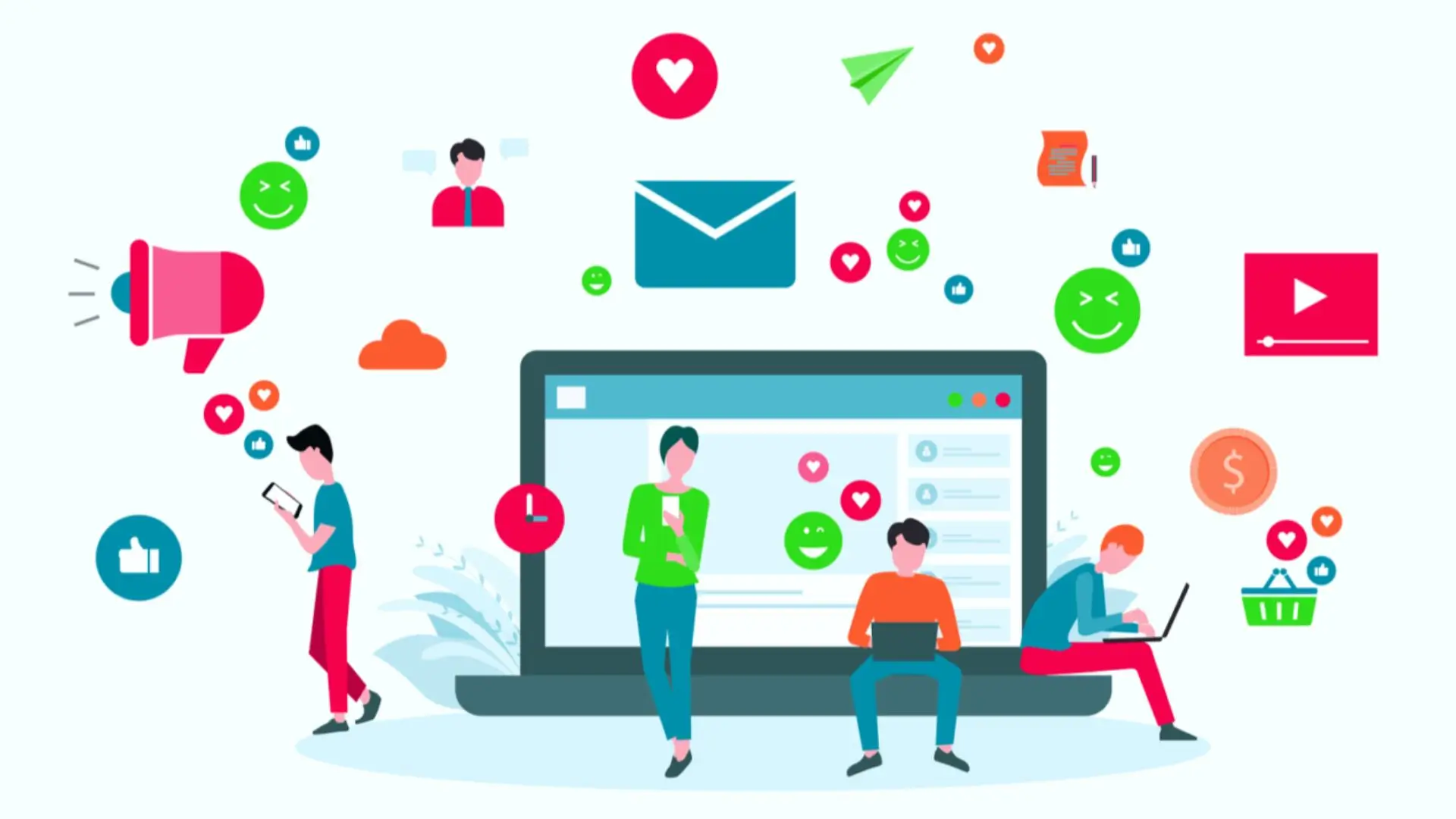Today, social media has become a habit, a need, and a source of connection and comfort for most of us. The impact that social media has on our lives in the present is unmatched and cannot be denied. People from all age groups use social media for different purposes, and since it has become such an integral part of our lives, it is bound to affect our mental health.
The Positive Effect of Social Media on Mental Health
Connection and Communication
People are social creatures. In order to flourish in life, we require the company of others, and the quality of our relationships greatly influences our happiness and mental well-being. It is possible to reduce stress, anxiety, and depression, increase self-worth, bring comfort and joy, avoid loneliness, and even lengthen your life by maintaining social connections. However, there is a significant risk to your mental and emotional well-being when you don’t have supportive social networks.
Through peer support and social connections, social media can offer people opportunities to improve their mental health. Online communities can, in fact, offer a forum for talking about health issues, unfavorable life experiences, or common problems.
This can reduce stigma and boost feelings of emotional support and belonging. During the COVID-19 pandemic, social media humor, rewarding social interactions, and mutual friendships all helped people feel less stressed.
Creativity and Education
Social media may be a tool for self-expression and creativity, as well as for education and information. Social media sites often provide helpful information about mental health. Platforms like X and Instagram can help raise awareness and combat the stigma associated with mental health problems.
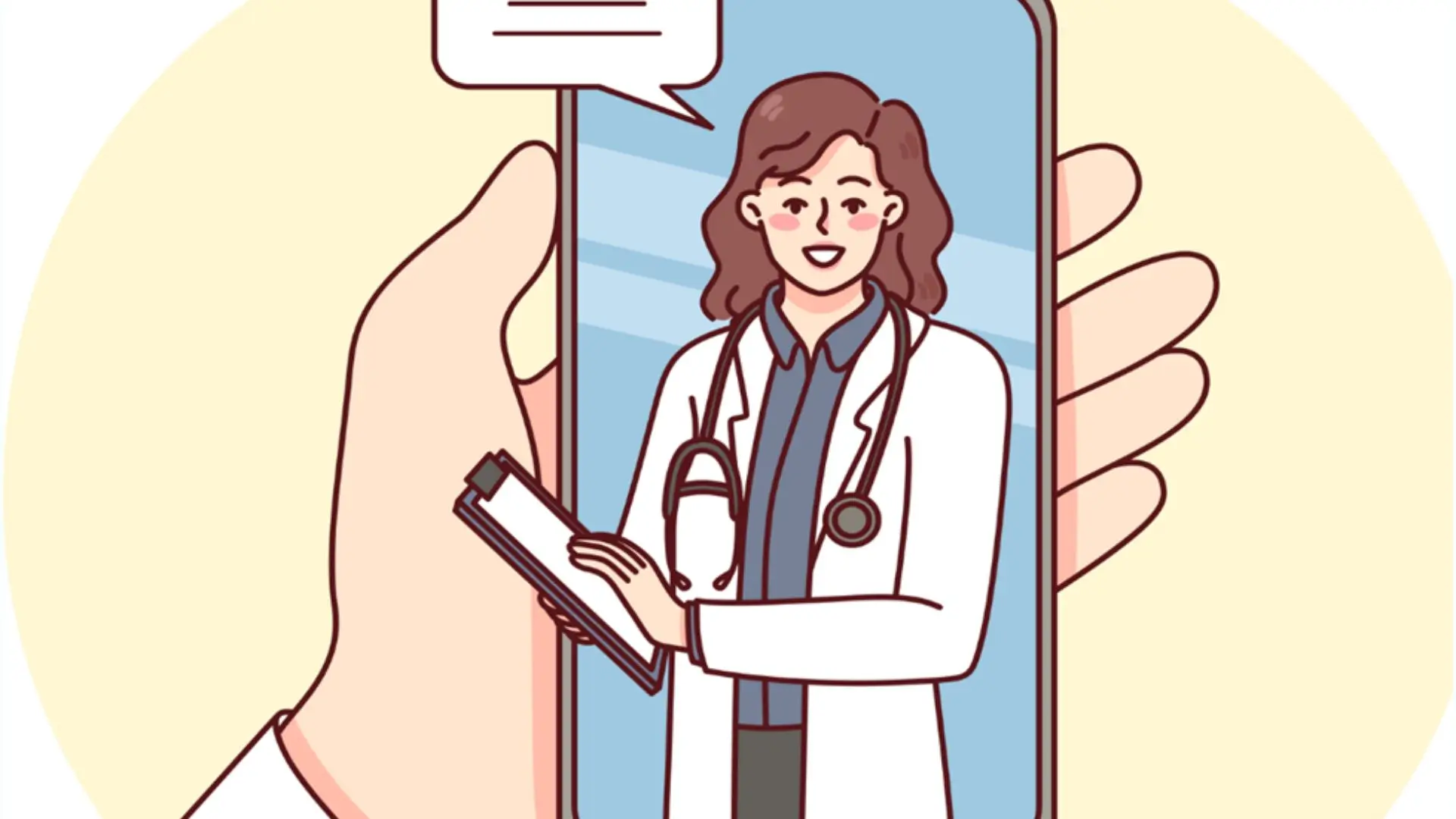
Social media provides a voice-giving platform for the voiceless. People who have experienced abuse and violence, for instance, can voice their opinions, discuss their struggles, and find support in communities.
Healthy Lifestyle Changes
Social media can help people achieve healthy lifestyle goals, like quitting smoking or going to the gym regularly.
Announcing a goal on social media and regularly posting about it encourages accountability for others and generates positive reinforcement.
According to research, sharing a goal publicly not only promotes accountability but also helps one stay focused and significantly increases one’s chances of success.
MEMES!
I mean, who would deny that social media is one hell of a place to laugh till you are breathless? To me, memes serve as well as hot coffee on a Sunday morning.
Social media is a great source of good entertainment; it provides us access to people, places, and talents from all over the world.
The Negative Effect of Social Media on Mental Health
Lower Self-Esteem
Social media may trigger feelings of inadequacy. People may feel as though their life or appearance does not compare favorably with that of others on social media, leading to feelings of envy and dissatisfaction.
A study by Chou and Edge (2012) found that increased social comparison on Facebook led to decreased self-esteem.
Cyberbullying
Cyberbullying is also referred to as “online bullying.” It happens on digital channels like social media. Cyberbullying can have severe consequences, including stress, depression, anxiety, low self-esteem, isolation, and loneliness.
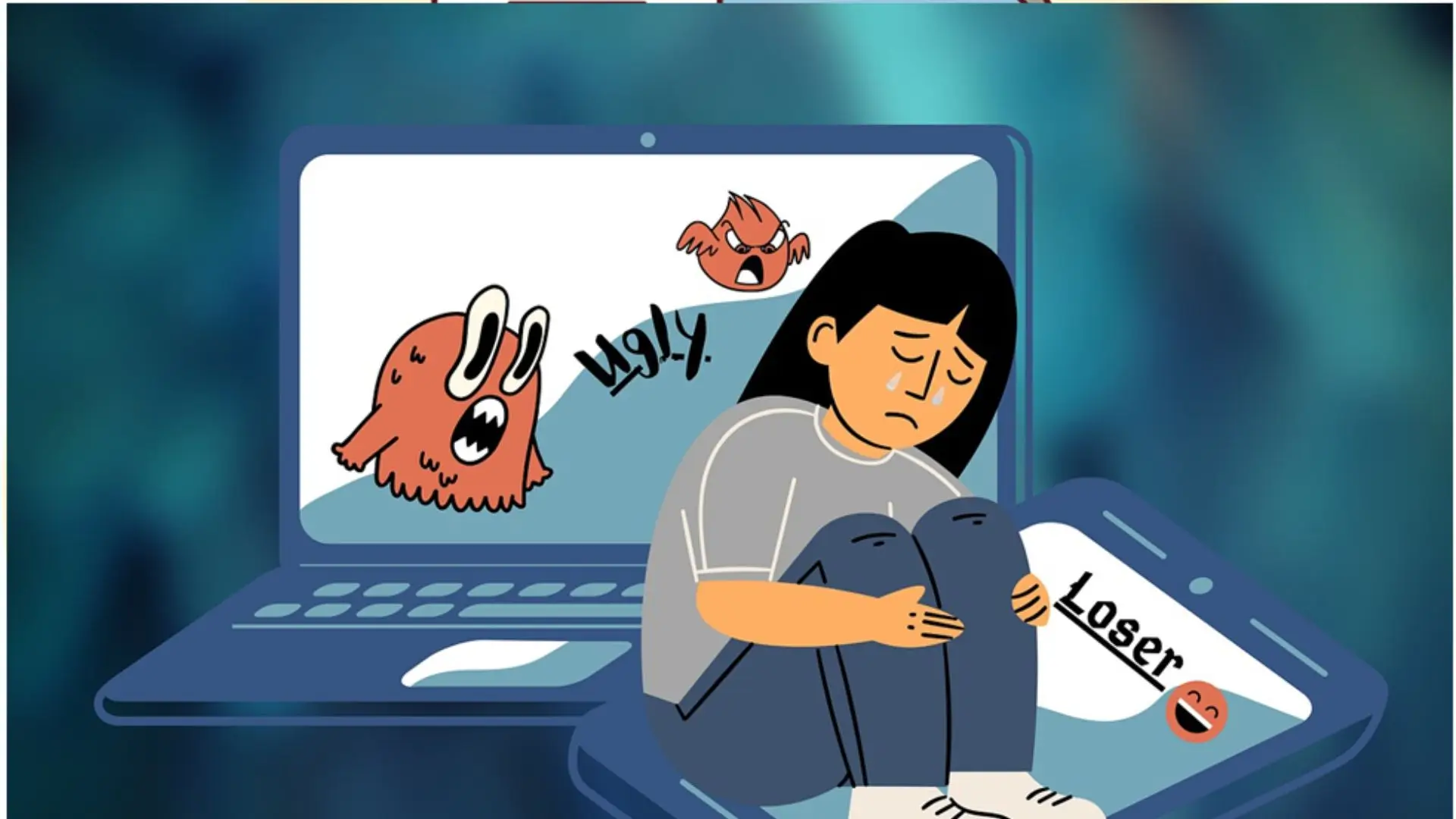
According to the Online Disinhibition Effect by Suller, cyberbullying is so common because people feel that they can do or say mean things to others without any threat to their own identity.
Social Media “FOMO” and Mental Health
The fear of missing out is one of the most common negative effects of social media usage. We have become so addicted to social media that when we try to avoid it sometimes, we feel this fear of missing out on important information. We feel that while we’re away from social media, something significant might happen. What if we miss an important post or story? Or does an apocalypse happen? What if someone mentions us in their story or tags us in a post? This constant fear of missing out on important stuff on social media increases the addiction even more.
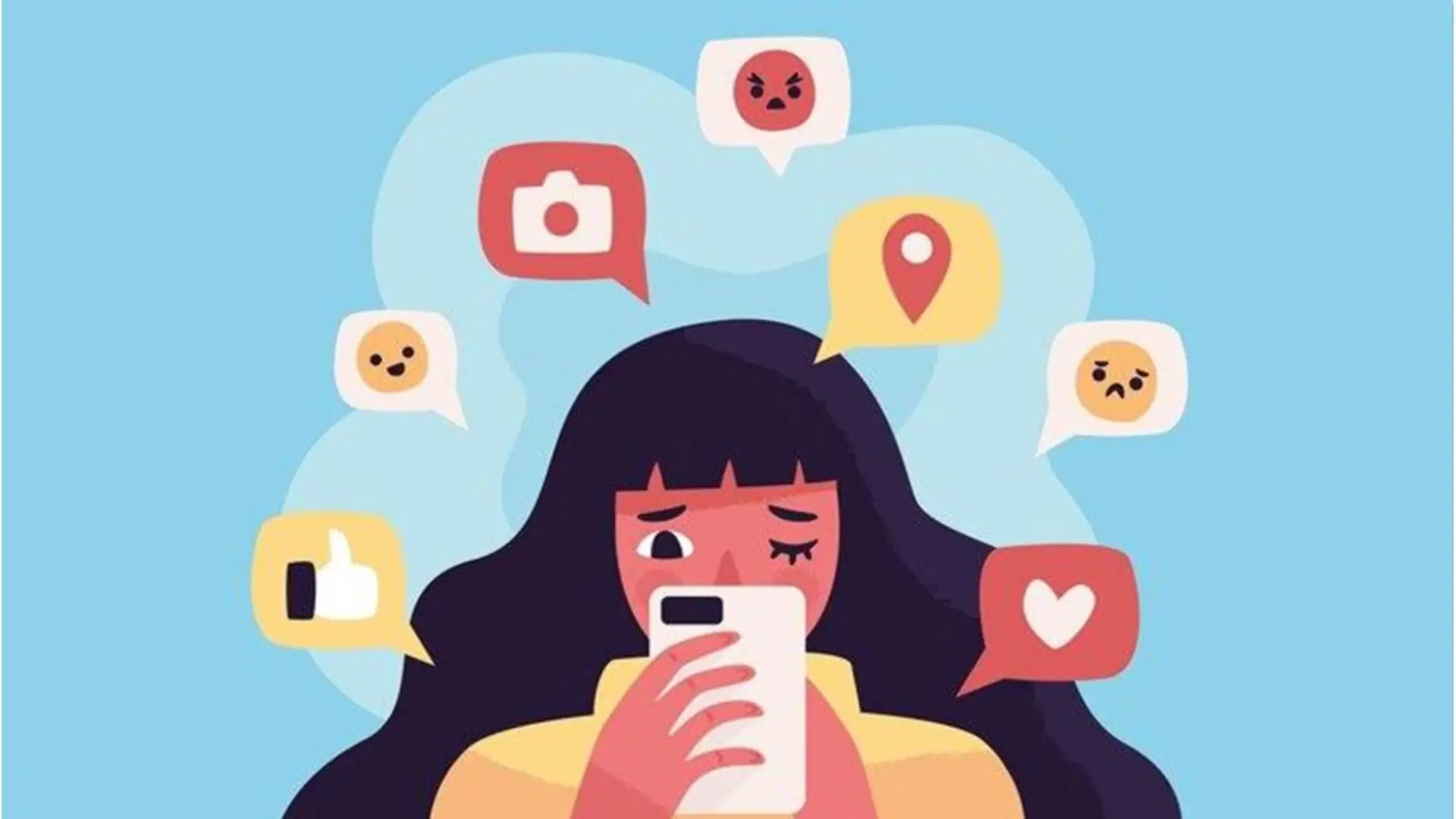
Social Media and Mental Health Issues
Constant comparisons of one’s lifestyle with that of other people on social media can lead to body image issues, anxiety, and depression.
Every person on social media is trying to share the best and prettiest moments of their lives; this causes distress to someone sitting at home, struggling with everyday life, and thinking that their life is not as happening as somebody else’s is.
While we’re comparing ourselves on social media with others, we often forget the simple fact that people rarely share their failures, their vulnerable moments, and their low moments publicly. Just because we don’t doesn’t mean that our lives are perfect or theirs are.
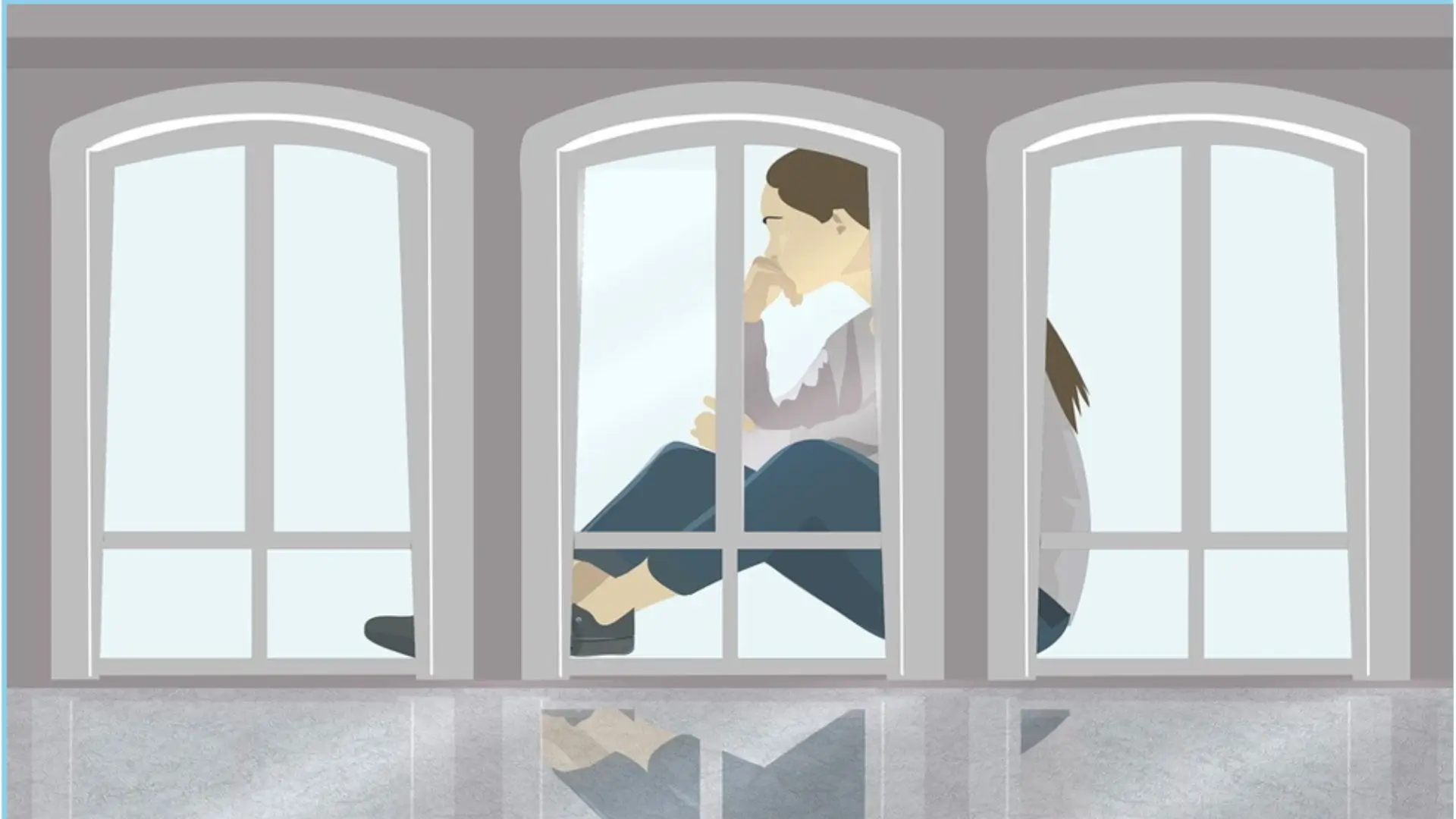
It’s important to remember that social media will never be a substitute for in-person human connection. It takes in-person contact with others to activate the hormones that reduce stress and make you feel happier, healthier, and more optimistic. Ironically, for a technology designed to bring people closer together, spending too much time on social media can make you feel more lonely and isolated—and worsen mental health issues like anxiety and depression.
A Spirico Summary
With the growing advancements in technology and digital communication, social media has proven to be a wave in modern culture. And when something becomes so important in a society, it has both positive and negative consequences.
The positive aspects of social media include access to a vast variety of educational and entertainment related content, it helps increase awareness regarding different social issues; and it helps maintain and build connections with loved ones all over the world with just one click. However, it also has its downsides. Social media can lower self esteem, increase body image issues, and lead to cyberbullying. The fear of missing out can also lead to social media addiction.
This is why it’s important to maintain a balance between the interactions of real life and social media.
